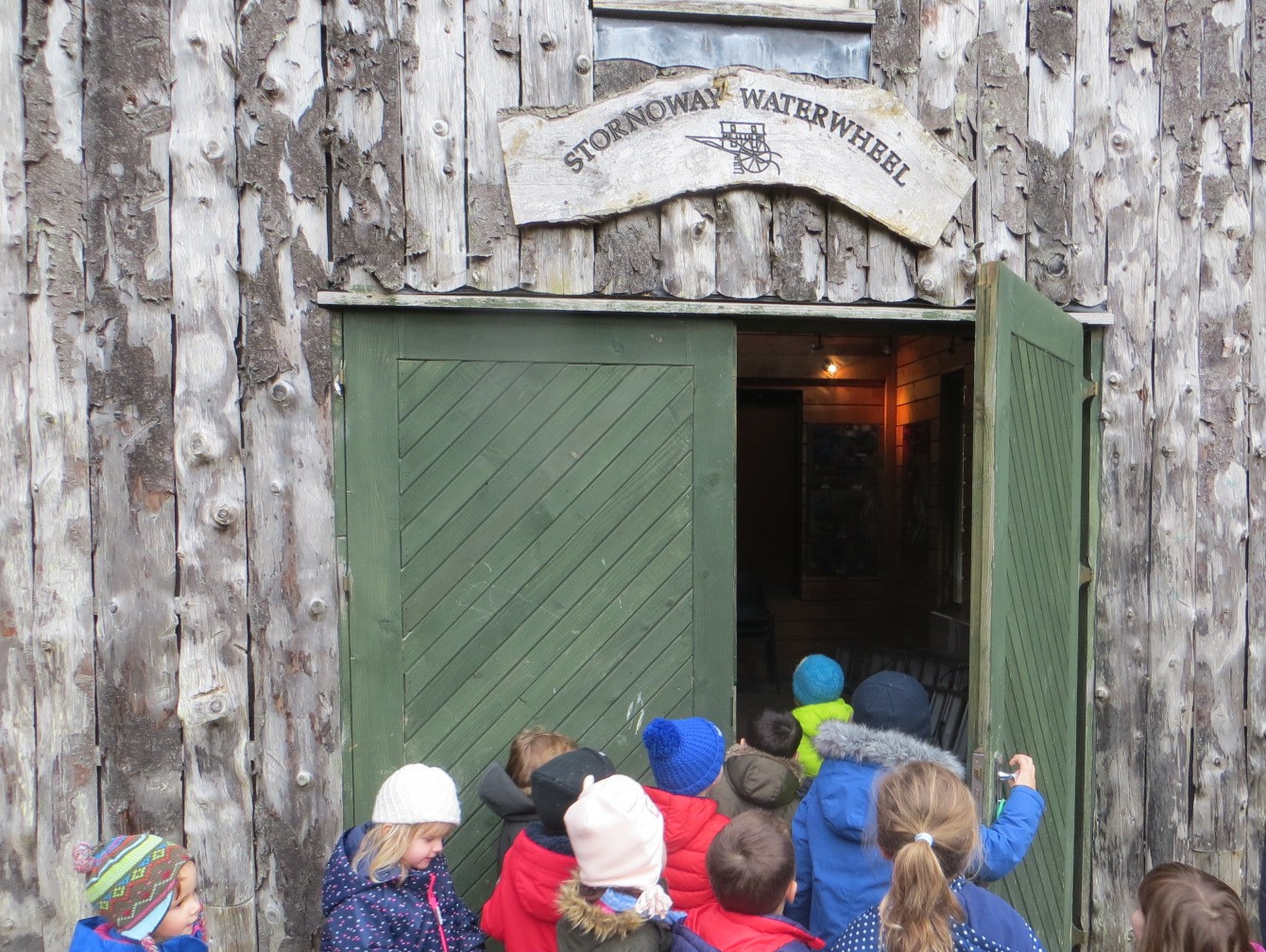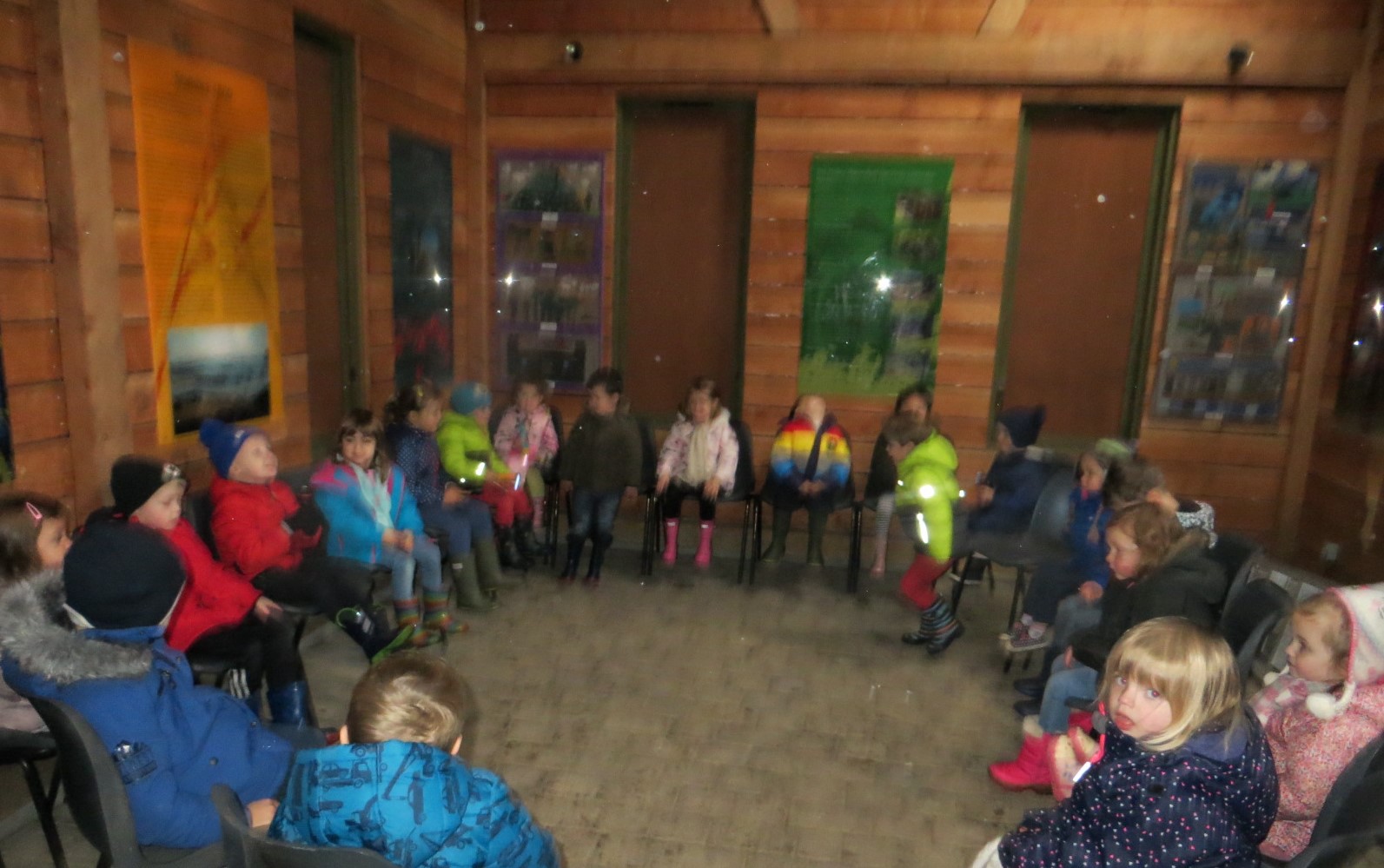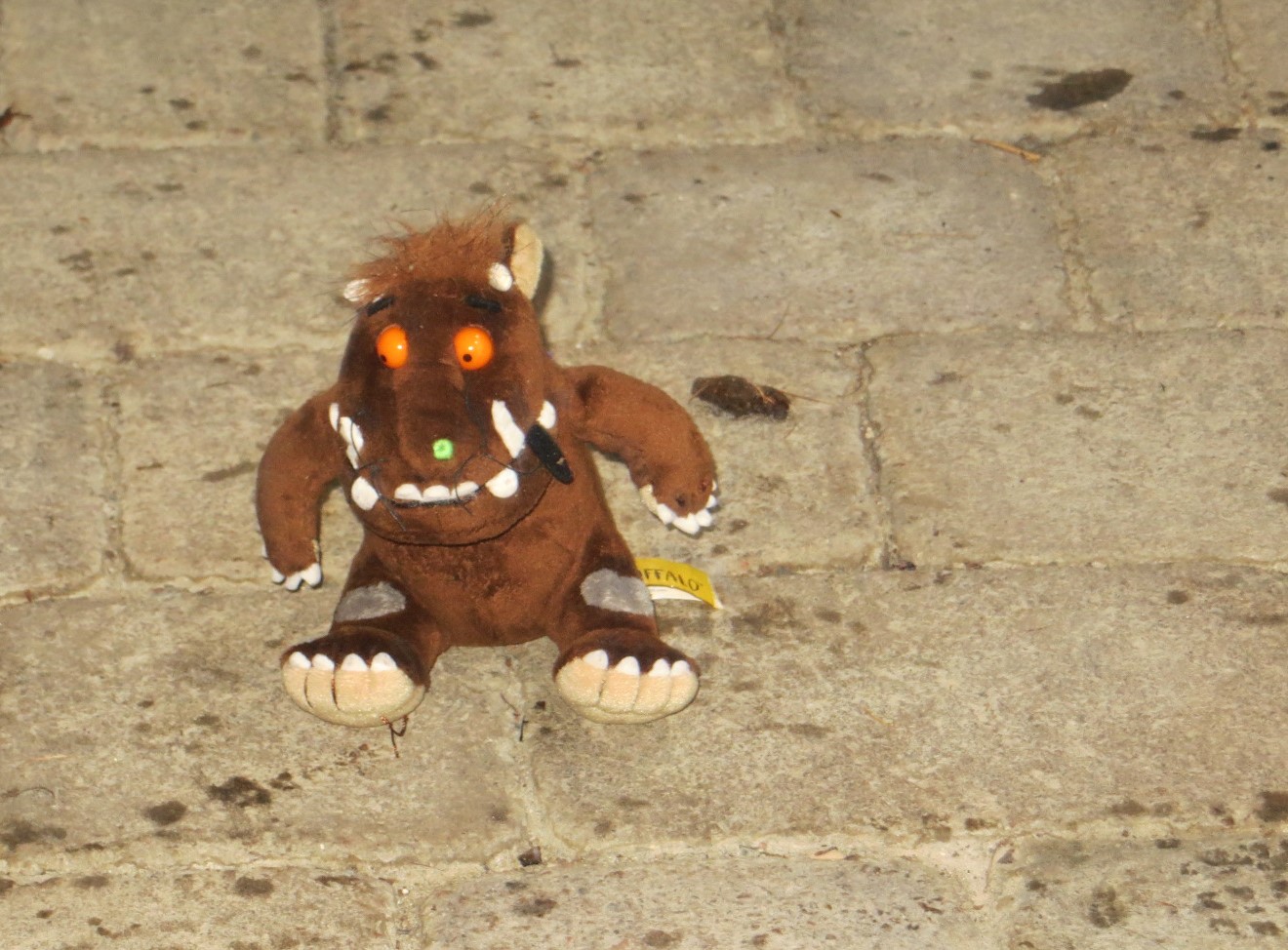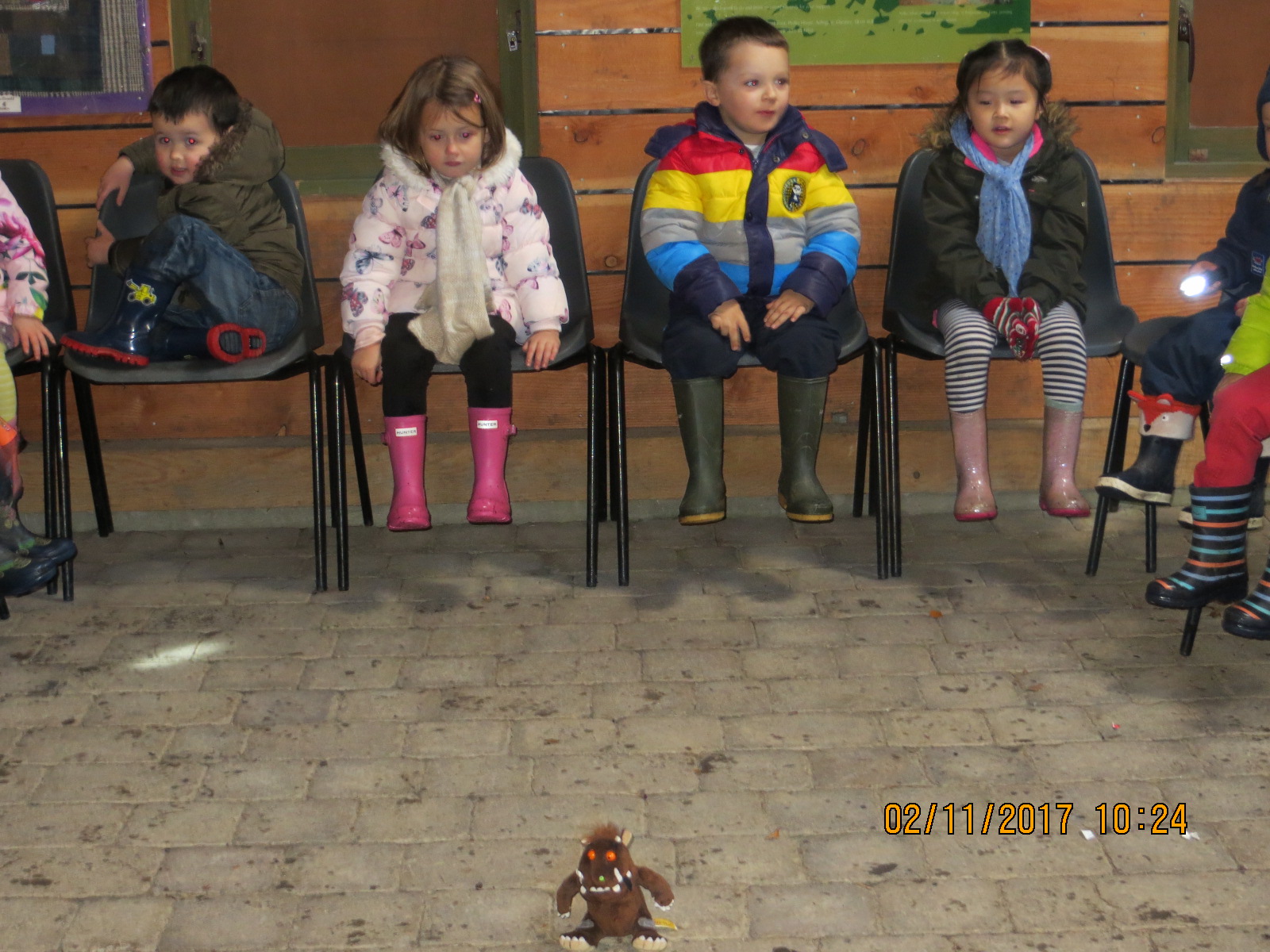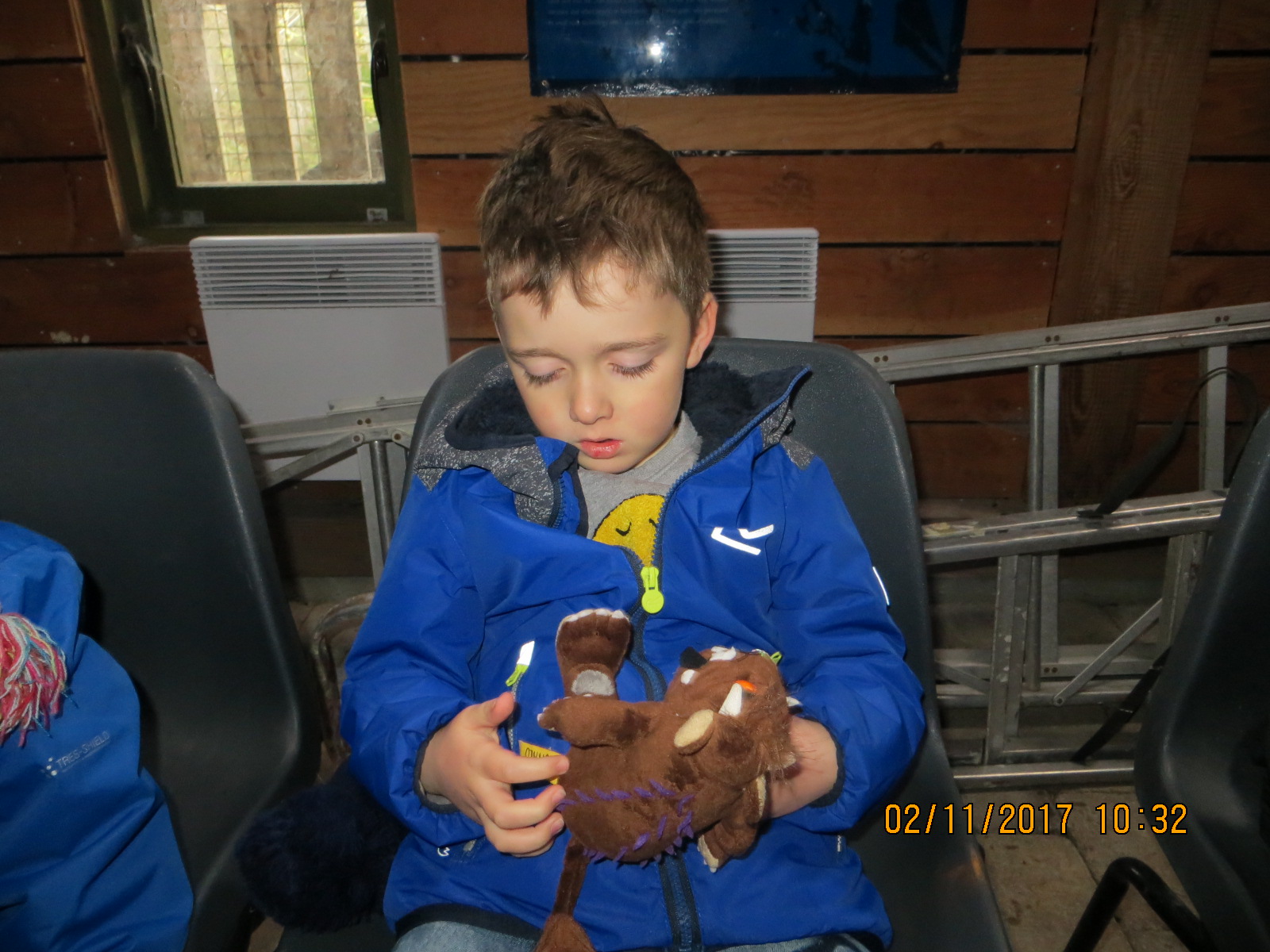Various resources arrive in our in-tray, here in our hidden office, some of them we think are worth sharing. So occasionally we will put up short posts on things we think are worth a look at.
We received an email from the John Muir Trust about their Literacy and Nature Resource Guide. It is a file with some good links out to other sites and files, what we think useful to teaching staff here in the Outer Hebrides, is the John Muir Award and the CfE document which has details of how the John Muir Award can be linked to the Curriculum for Excellence.
There is their promotional film explaining the Trust and the Award:
If you would like to use the John Muir Award please contact the Isi or Tim and we can help you to set it up and deliver it.

